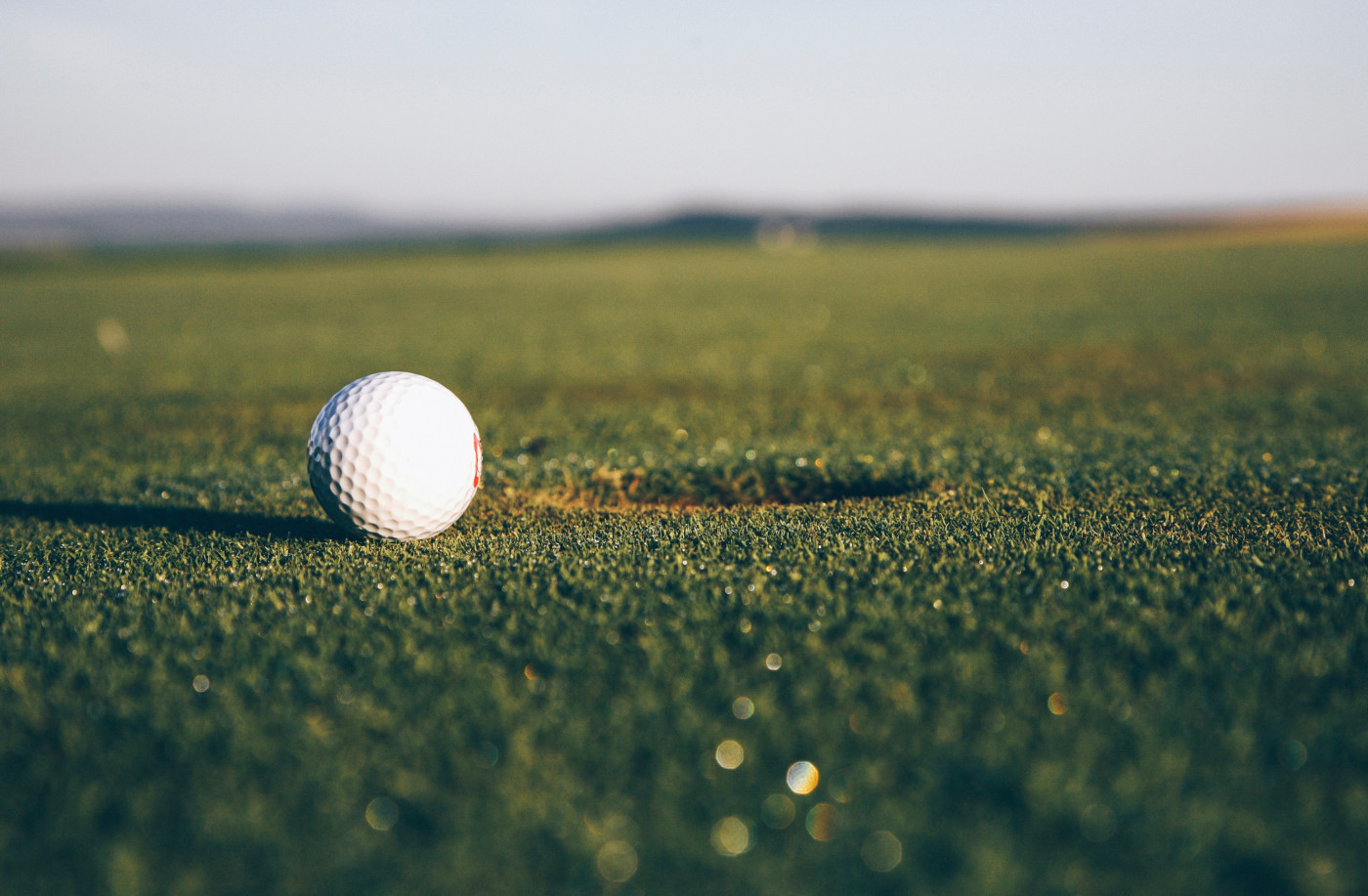Playing Golf Might Be Even Better Than Tai Chi at Helping With Balance
Written by |

Practicing golf may have more benefits than tai chi for improving mobility and balance in people with Parkinson’s disease, simply because it might be more enjoyable, a small study reports.
The study “Feasibility and Tolerability Randomized Clinical Trial of Golf Versus Tai Chi for People with Moderate Parkinson’s Disease” will be presented at the virtual American Academy of Neurology’s (AAN) 73rd Annual Meeting, set for April 17–22.
“We decided to compare golf to tai chi in our study because tai chi is the gold standard for balance and preventing falls in people with Parkinson’s,” Anne-Marie A. Wills, MD, of Massachusetts General Hospital Boston, a member of AAN and study author, said in a press release.
Physical exercise is a beneficial yet under-utilized intervention for Parkinson’s patients. Golf is a popular and low-injury activity that has been reported to improve balance and quality of life after a stroke.
A research team at Massachusetts General Hospital wondered if golf could help people with Parkinson’s and, given its popularity, might be more tolerable and enjoyable (suggesting better adherence) than other exercise programs. Tai chi was chosen as a comparator because of its known effects on quality of life and balance in Parkinson’s.
“We know that people with Parkinson’s disease benefit from exercise, but not enough people with the disease get enough exercise as therapy,” Wills said. “Golf is popular — the most popular sport for people over the age of 55 — which might encourage people to try it and stick with it.”
The study aimed at determining the feasibility and tolerability of golf in comparison to tai chi in 20 patients with moderate Parkinson’s. All were offered 10 weeks of one-hour, twice weekly free group classes in these activities.
Eight patients were randomly assigned to personalized golf instruction, while the 12 others began instructed tai chi classes.
Participants’ balance, walking ability, as well as risk of falling were evaluated at the study’s start and again after the 10 weeks of activity. In a test called Timed Up and Go (TUG), patients were timed while getting up from a chair, walking 10 feet, and then returning to the chair and sitting down.
No significant difference in attendance was found between these groups, with 62% of golfers and 42% of those doing tai chi completing at least 80% of classes.
In the TUG test, golfers were 0.96 seconds faster in their pre- and post-activity times, while those who practiced tai chi were 0.33 seconds slower.
Overall satisfaction with the sport was also similar between groups. However, while 33% of those practicing tai chi were “definitely” likely to continue the practice, 86% of the golfers intended to “stick with it.”
“Our finding that golfers were much more likely to continue with their sport is exciting because it doesn’t matter how beneficial an exercise is on paper if you people don’t actually do it,” Wills said. “So if swinging a golf club is more appealing than practicing tai chi, by all means, go to a driving range and hit balls for an hour instead!”
Besides minor muscle pain with golf, there were no significant differences in side effects or number of falls between the groups. Playing golf was deemed as safe and as tolerable as practicing tai chi.
Limitations to this study’s findings included its small size and short activity period, the researchers noted.
Nonetheless, “[t]he results of this study support a larger study of golf for PD [Parkinson’s disease] balance,” they concluded.


